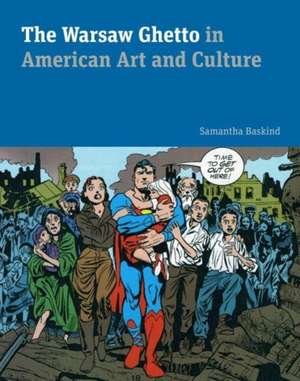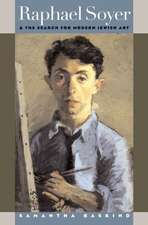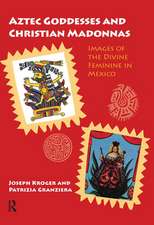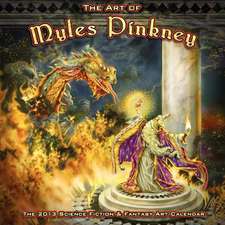The Warsaw Ghetto in American Art and Culture
Autor Samantha Baskinden Limba Engleză Hardback – 14 feb 2018
Samantha Baskind explores seventy years' worth of artistic representations of the ghetto and revolt to understand why they became and remain touchstones in the American mind. Her study includes iconic works such as Leon Uris's best-selling novel Mila 18, Roman Polanski's Academy Award-winning film The Pianist, and Rod Serling's teleplay In the Presence of Mine Enemies, as well as accounts in the American Jewish Yearbook and the New York Times, the art of Samuel Bak and Arthur Szyk, and the poetry of Yala Korwin and Charles Reznikoff. In probing these works, Baskind pursues key questions of Jewish identity: What links artistic representations of the ghetto to the Jewish diaspora? How is art politicized or depoliticized? Why have Americans made such a strong cultural claim on the uprising?
Vibrantly illustrated and vividly told, The Warsaw Ghetto in American Art and Culture shows the importance of the ghetto as a site of memory and creative struggle and reveals how this seminal event and locale served as a staging ground for the forging of Jewish American identity.
Preț: 334.35 lei
Nou
Puncte Express: 502
Preț estimativ în valută:
63.98€ • 66.97$ • 53.25£
63.98€ • 66.97$ • 53.25£
Carte disponibilă
Livrare economică 11-25 martie
Preluare comenzi: 021 569.72.76
Specificații
ISBN-13: 9780271078700
ISBN-10: 0271078707
Pagini: 328
Dimensiuni: 198 x 248 x 31 mm
Greutate: 1.32 kg
Editura: Penn State University
ISBN-10: 0271078707
Pagini: 328
Dimensiuni: 198 x 248 x 31 mm
Greutate: 1.32 kg
Editura: Penn State University
Notă biografică
Samantha Baskind is Professor of Art History at Cleveland State University and author of Jewish Artists and the Bible in Twentieth-Century America, also published by Penn State University Press.
Descriere
An interdisciplinary study examining the diverse meanings of the Warsaw Ghetto in American culture. Looks at how the ghetto has been represented in fine art, book illustrations, film, television, radio, theater, fiction, poetry, and comics.




